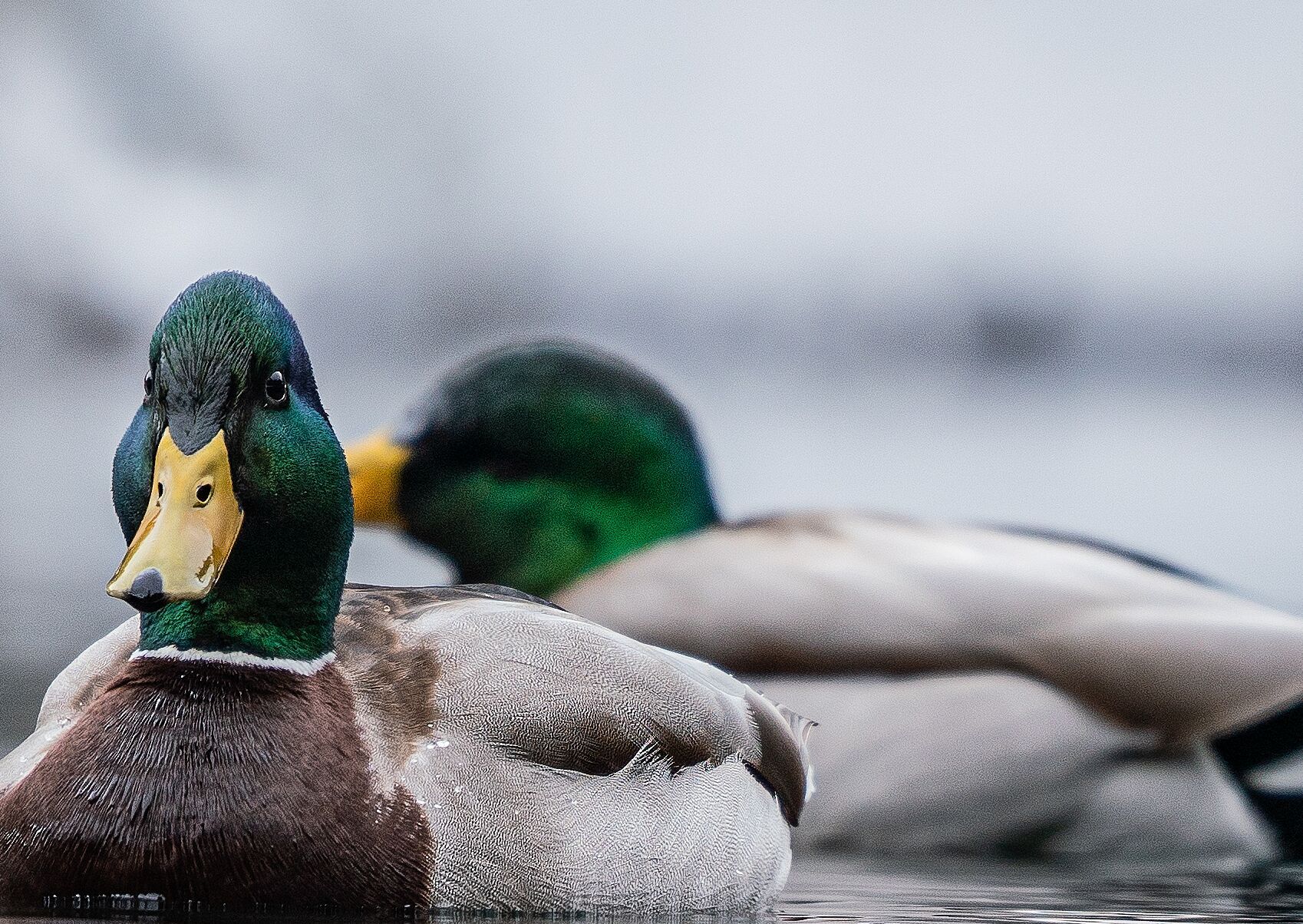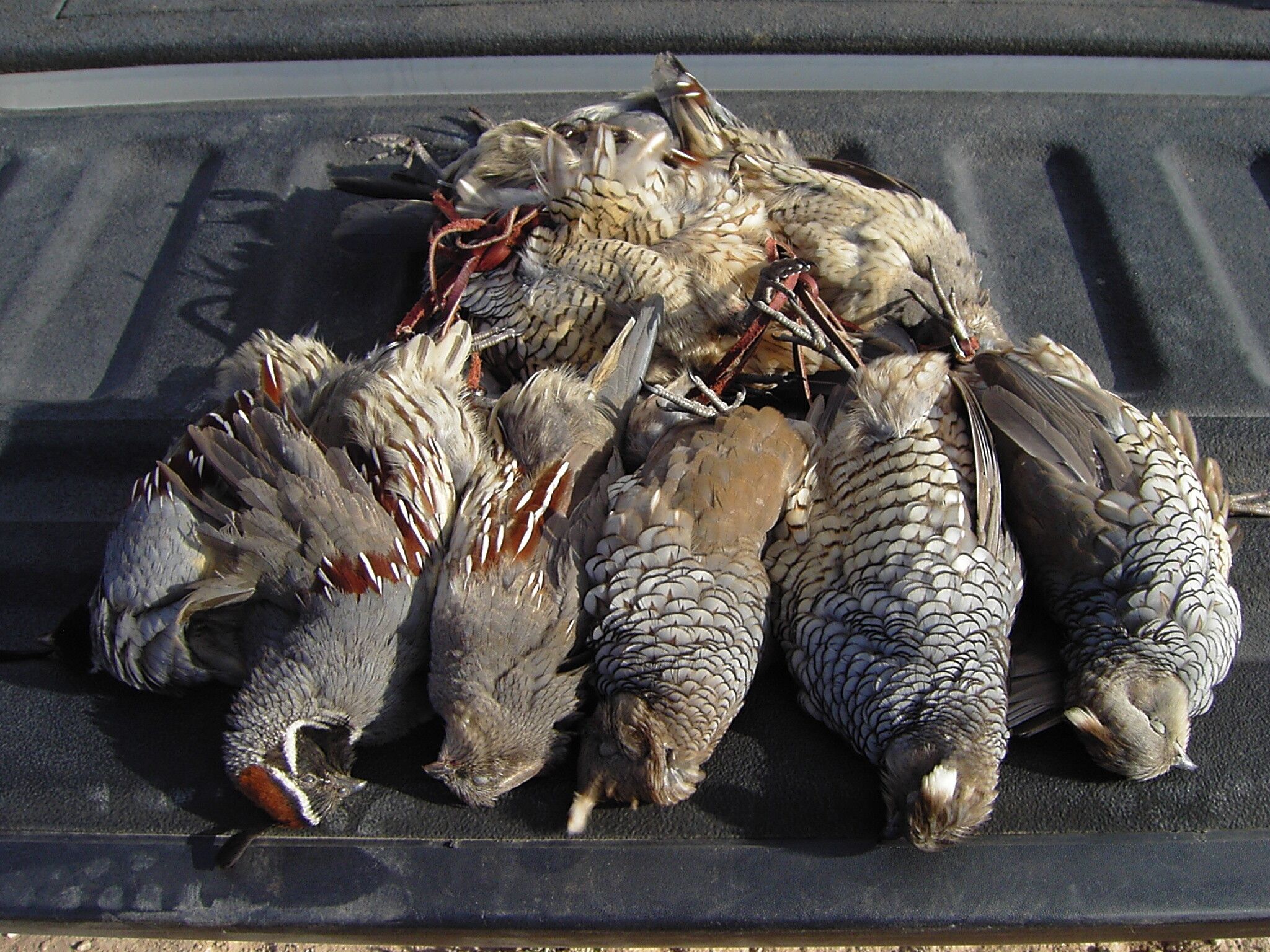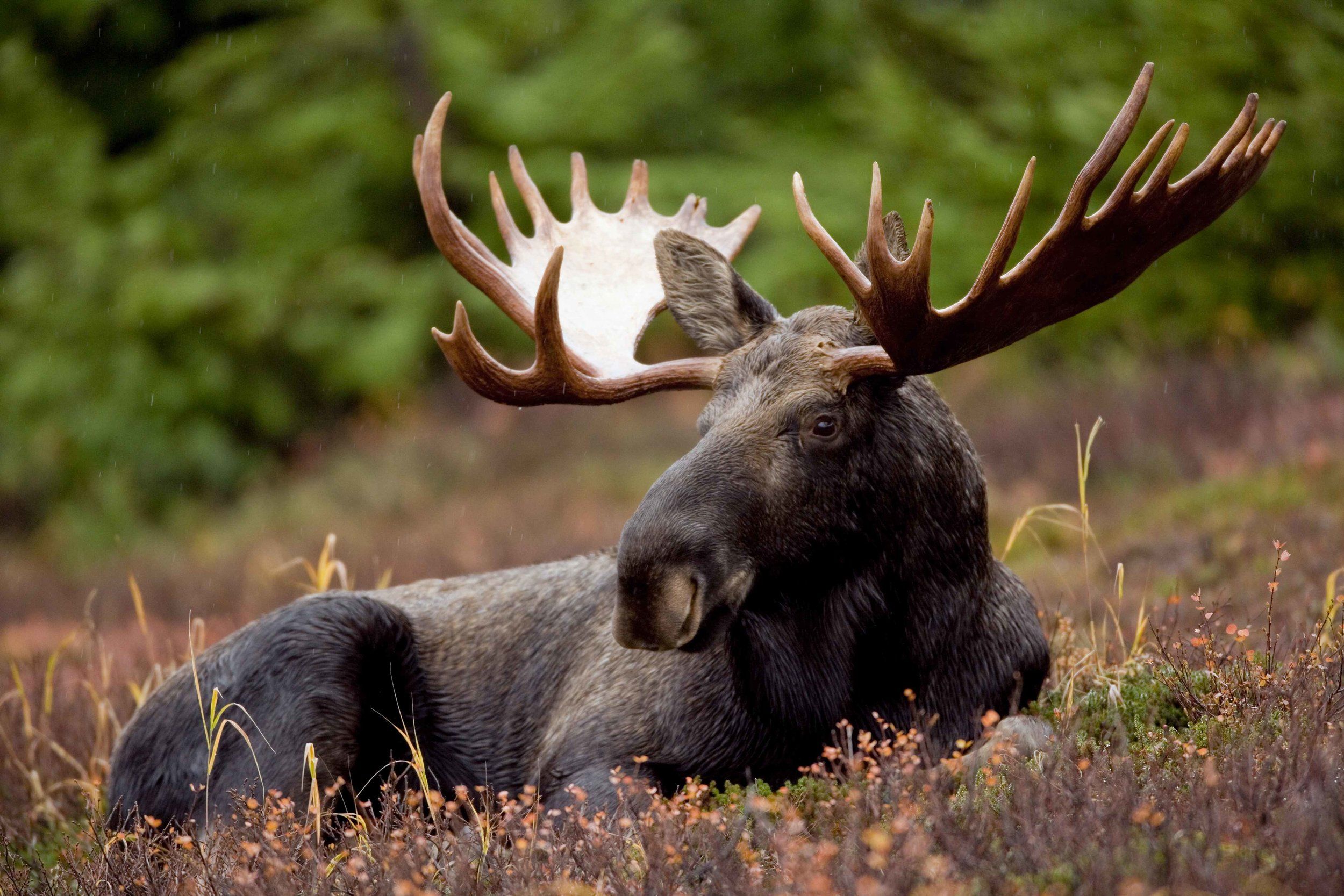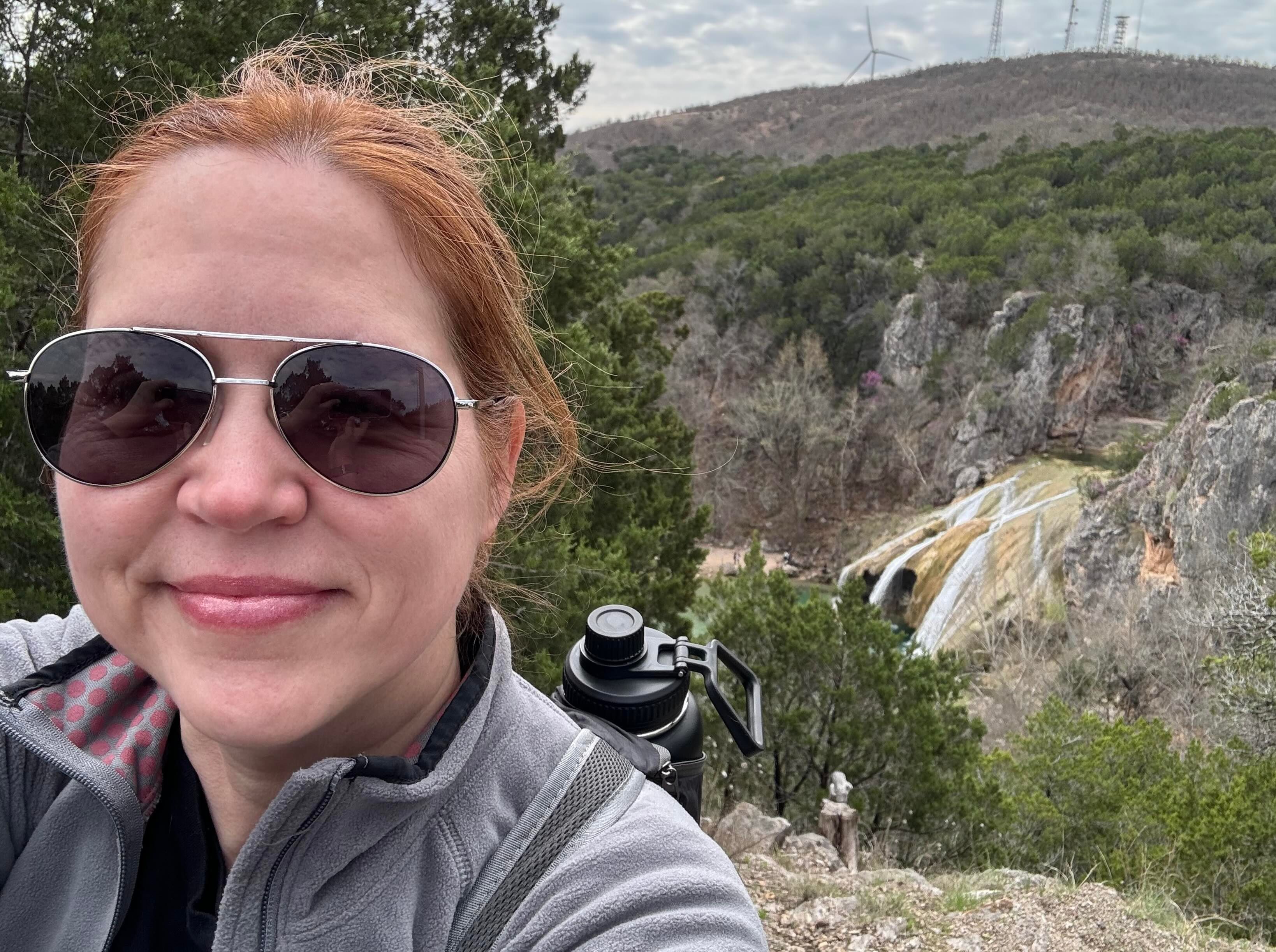Field Guide / Turkey
The Best Times to Hunt Turkey
When is the best time to hunt turkey this season? What factors should hunters consider for a successful hunt? Whether you've hunted turkey before or planning your first turkey hunt, identifying the best times and places to hunt can help you harvest the bird you have your eye on.
Previous in Turkey
More Content Like This

The Best Times for Hunting Waterfowl (2025)
You'll find a variety of waterfowl to hunt in North America, with the most common being mallards. These birds are frequently hunted throughout the U.S. near bodies of water like lakes, rivers, ponds, swamps, and coastlines.Read More
Read MoreThe Best Times for Upland Game Hunting (2025)
Upland game is a term for hunting upland birds such as quail, pheasant, grouse, woodcock, prairie chicken, chukar, grey partridge, and others. These birds prefer to live on the ground in heavy cover, which is why dogs are often used to help find them...Read More
Read MoreThe Best Time to Hunt Moose (2025)
Have you ever hunted moose? They are the largest animal within the deer species, with mature male bulls reaching heights up to seven feet tall with an antler span of six feet wide. Read More
Read More Best Times to Hunt
Best Times to HuntThe Best Times for Hunting Waterfowl (2025)
You'll find a variety of waterfowl to hunt in North America, with the most common being mallards. These birds are frequently hunted throughout the U.S. near bodies of water like lakes, rivers, ponds, swamps, and coastlines.Read More
Read More Best Times to Hunt
Best Times to HuntThe Best Times for Upland Game Hunting (2025)
Upland game is a term for hunting upland birds such as quail, pheasant, grouse, woodcock, prairie chicken, chukar, grey partridge, and others. These birds prefer to live on the ground in heavy cover, which is why dogs are often used to help find them...Read More
Read More Best Times to Hunt
Best Times to HuntThe Best Time to Hunt Moose (2025)
Have you ever hunted moose? They are the largest animal within the deer species, with mature male bulls reaching heights up to seven feet tall with an antler span of six feet wide. Read More
Read More
1 of 3
